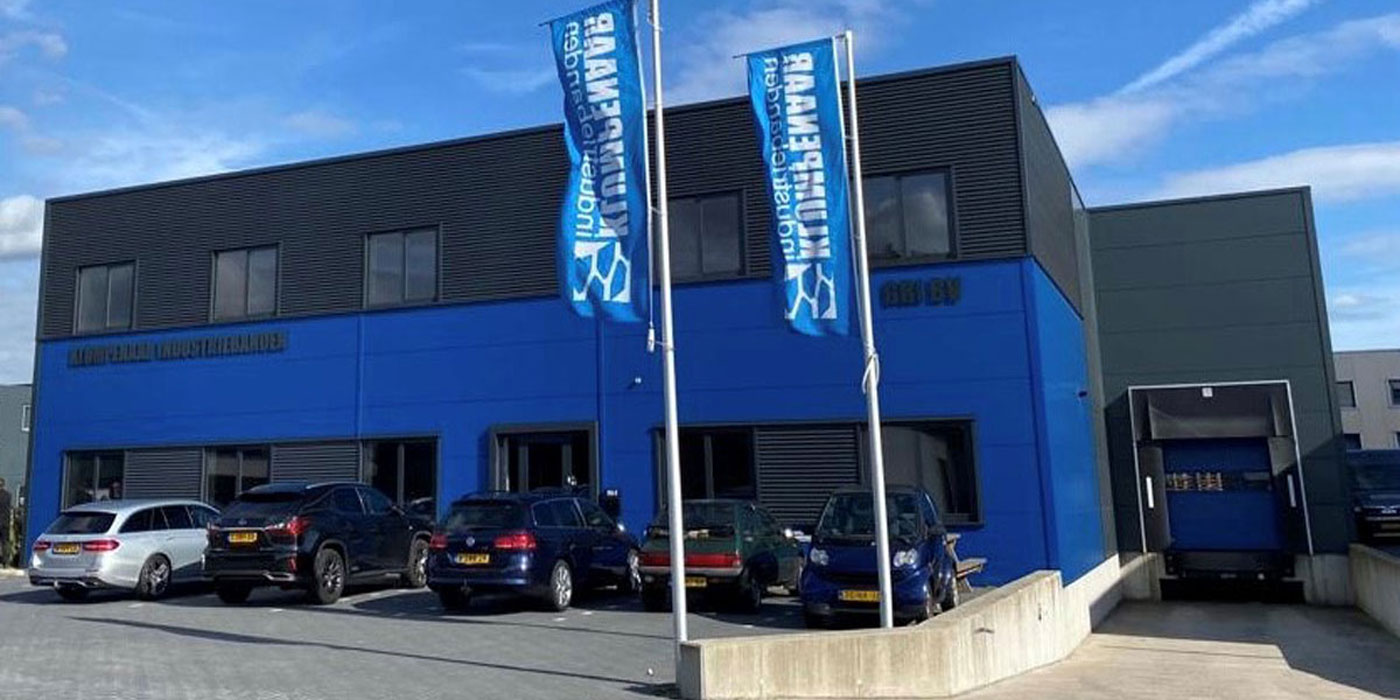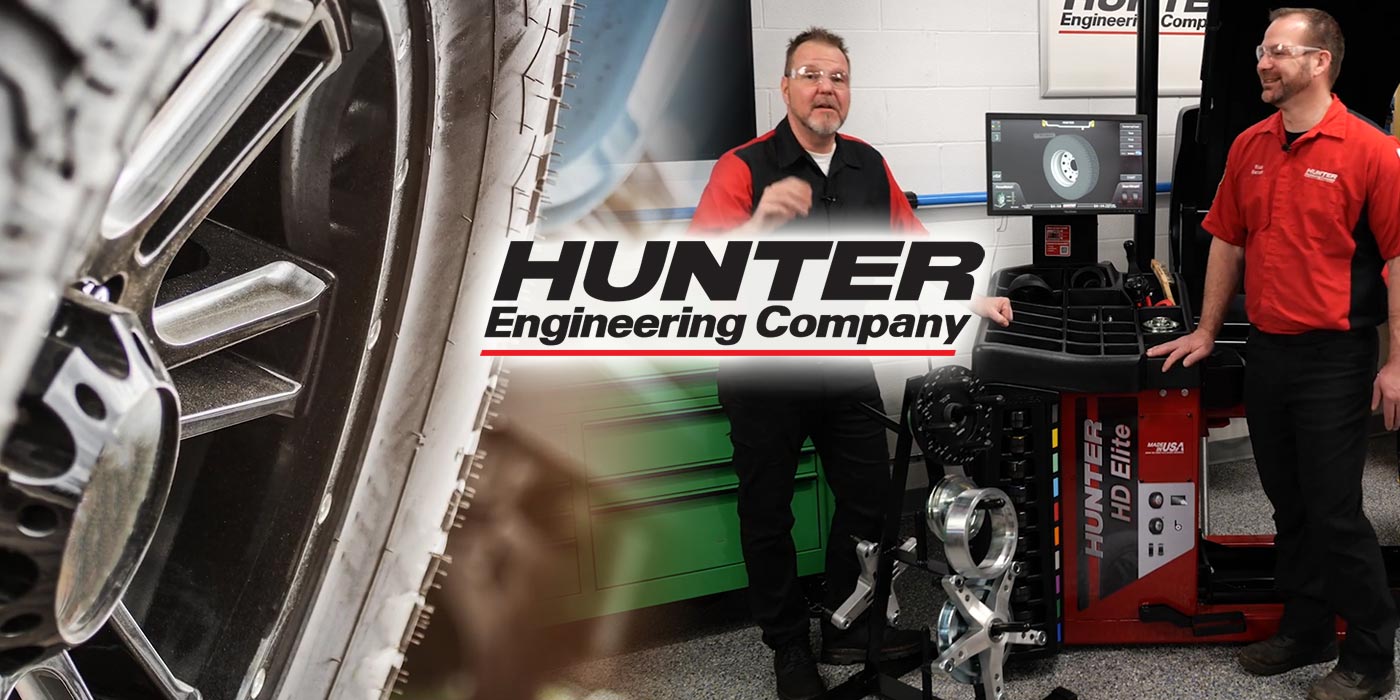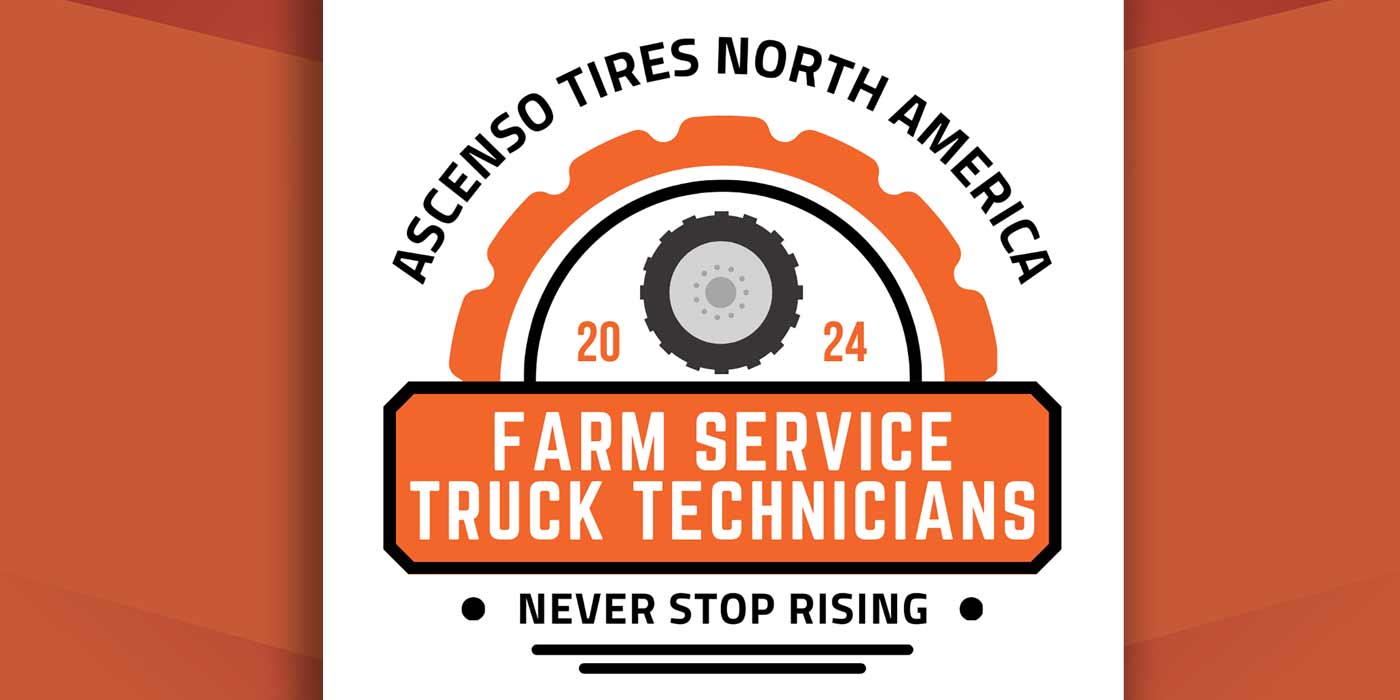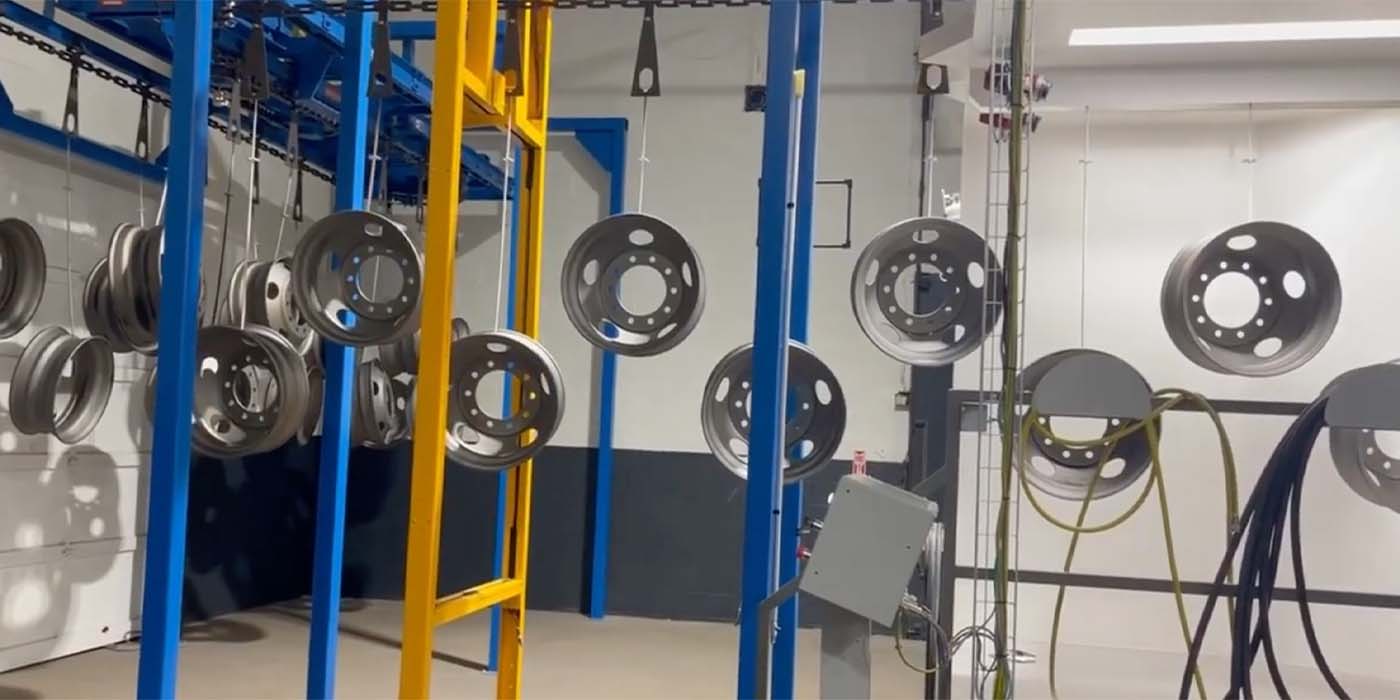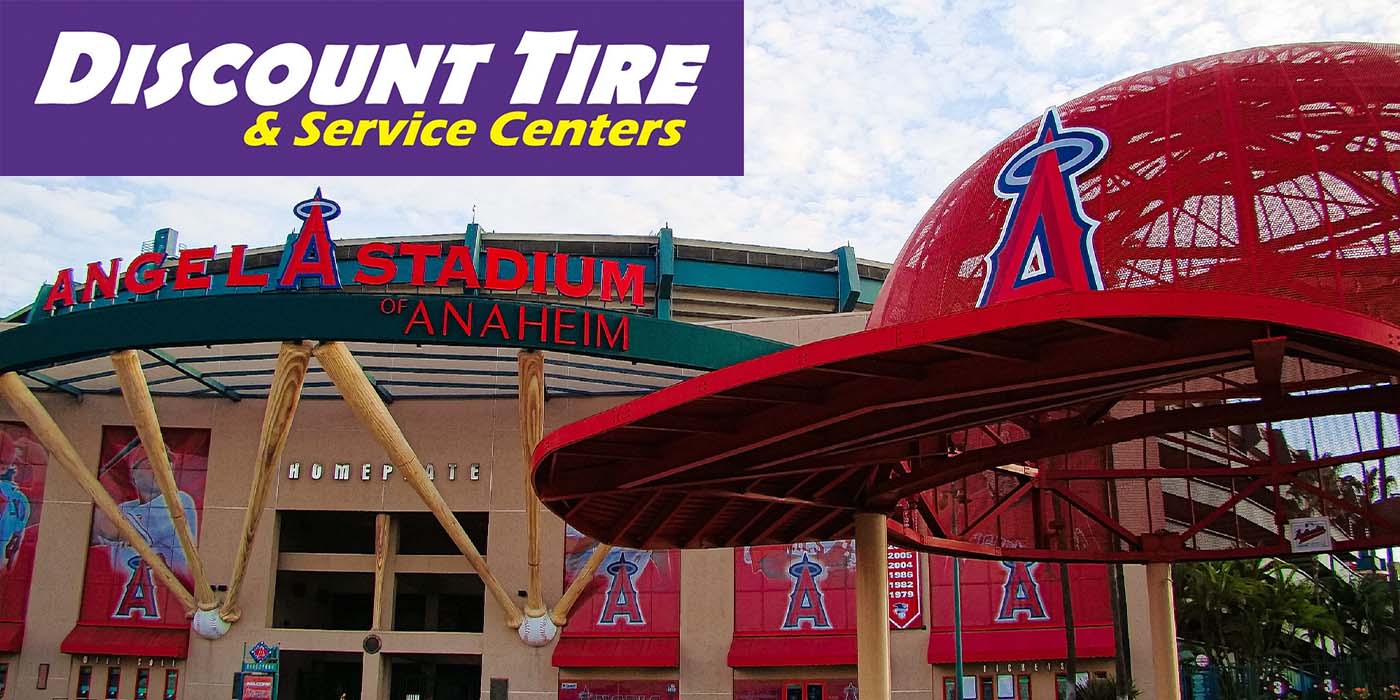One of the most overlooked aspects of an organization that must be addressed to fix, build or stretch is the workplace environment. Managers work within their environment all day but do little to work on it. And that’s a travesty because environment dictates behavior and behavior dictates results. Thus, if a leader wants better outcomes from his employees, he must first focus on enhancing the environment in which that behavior is found.
One of the most debilitating workplace environments is a culture of entitlement. Many businesses today find themselves entrenched in this mire and don’t know how it happened or how to get out. I will identify symptoms of this culture, present the opposite culture – a culture of merit – and coach you on how to move your environment from entitlement to merit so you can weed out entitlement and abolish corporate welfare in your organization. Following are a dozen symptoms found in an entitlement culture. Diagnose your business for entitlement as you read through this list and realize that most organizations have multiple cultures. Under the same roof you may have one sector thriving within a culture of entitlement while another lies covered in the stench of entitlement. 12 Symptoms of a Culture of Entitlement Do any of these symptoms sound familiar? If they do, you’re not alone. In fact, they are pervasive throughout U.S workplaces. Nine Traits of a Culture of Merit If you have a culture infected by entitlement, or perhaps a relatively healthy culture with an entitled employee or two, here are steps to move the culture or the individual from entitlement to merit. Clearly re-define the performance expectations and deadlines for the department and/or each individual. Redefining expectations creates focus and a benchmark for accountability. Maintain pressure to perform. There are three components to pressure to perform: Clear and high expectations, fast and consistent feedback on performance and accountability for results. Stick to your guns. You must maintain pressure to perform long enough for them to know the “good old days” are over. If you back off the new expectations, entitlement will be rooted more deeply than before and nearly impossible to get rid of without replacing the people you’ve conditioned for entitlement. Dave Anderson is the author of: If You Don’t Make Waves You’ll Drown: 10 Hard-Charging Strategies for Leading in Politically Correct Times (Wiley 2005).
1. Promotions are given to people and people remain in jobs based on tenure, not because they are the best person for the job.
2. Christmas bonuses are given out because it’s Christmas time, not because people earned them.
3. End-of-the-year raises are doled out because it’s the end of the year and not because people went the second mile.
4. Managers hold sugar-coated, politically correct employee reviews and evaluations rather than tell people they’re failing.
5. Managers set no-brainer performance standards designed to make people feel safe and comfortable rather than stretch them.
6. Managers spend equal amounts of time, energy and resources on employees evenly across the board rather than pouring resources into the top performers who have earned it based on past results.
7. Managers would rather be well liked and popular than confront poor performers and hold others accountable.
8. Overall, employees focus more on what they are owed than what they owe the company or their co-workers. Many have retired on the job.
9. People have an expectancy that more and more should be done for them and whatever is done is never enough.
10. Yesterday’s heroes – who have stopped performing – continually borrow credibility from past accomplishments and try to cash royalty checks from who they were and what they did long ago.
11. Employees have a quota mentality where they believe someone should or shouldn’t get a job or opportunity because of race or gender rather than results.
12. Pressure to perform has been supplanted by pressure to conform.
1. A merit culture mandates that the strongest people in your workplace must be fully supported and leveraged and the weak links weeded out.
2. A culture of merit distributes recognition, rewards and opportunities based on what people earn and deserve, not equally across the board.
3. A culture of merit holds people accountable and says that if you can’t meet minimum performance standards that you lose your job because in a merit culture leaders are not afraid to fire those who can’t cut it.
4. A culture of merit does not allow tenure, experience or credentials to substitute for getting the job done.
5. A culture of merit doesn’t blindly accept or tolerate one for what he or she is, but creates an environment hostile to mediocrity and presents a positive peer pressure to perform. People worry more about letting their teammates down than letting the boss down.
6. In a merit culture people want to be held accountable, to be told how they’re doing. Living in a gray area de-motivates them.
7. A merit culture welcomes the championing of heroes and the punishment of slackers.
8. In a culture of merit, termination is not a bad word and everyone understands that when an employee is forced to leave the company it is not for personal reasons or to explore other options; it’s because they flat out didn’t get the job done.
9. In a merit culture everyone comes to work to prove themselves over again every day. No one merely goes through paces or budgets their efforts.
While I don’t believe in or advocate shortcuts in general, there is a significant shortcut to changing a culture: change the leader. Try to change their attitudes and behaviors first. If that doesn’t work, you have the option of physically changing them. Either way, nothing changes a culture like changing the person responsible for it.
If you have comments to share, send to me at [email protected].
– Jim Smith


